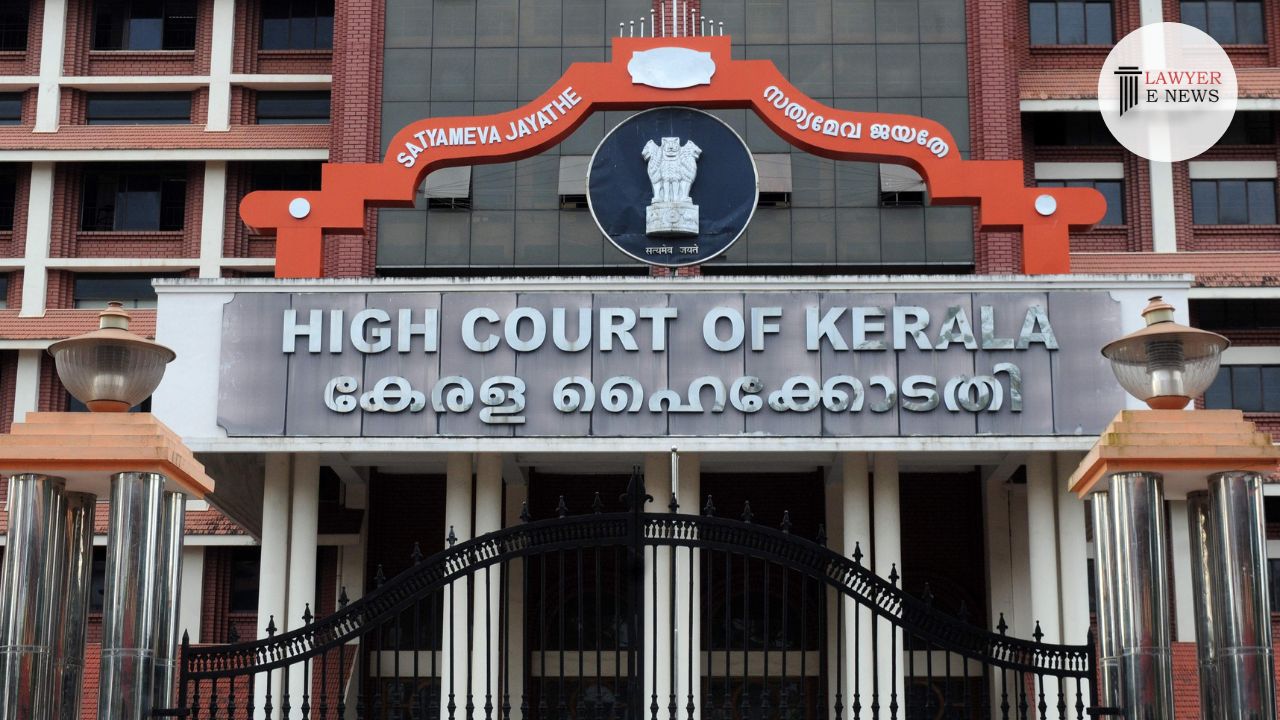-
by Admin
19 February 2026 3:14 PM



In a recent judgment, the High Court of Kerala at Ernakulam, presided over by Honorable Mr. Justice Gopinath P., dismissed a petition challenging the examination of a witness in the absence of the accused, Manoj T.K., in the Crime No. 231/2022 of Payyannur Police Station, Kannur. This decision clarifies the interpretation of Section 273 of the Code of Criminal Procedure (Cr.P.C) regarding the presence of the accused during the recording of evidence in criminal trials.
In the case (Crl. MC No. 9412 of 2023), Manoj T.K. contested the procedure adopted by the Fast Track Special Court, Thaliparamba, arguing that the examination of a key witness (PW1) in his absence violated the mandate of Section 273 Cr.P.C. The petitioner's counsel, S.S. Aravind and M.V. Amaresan, relied on several precedents, including the Supreme Court judgment in Atma Ram v. State of Rajasthan; (2019) 20 SCC 481, to assert that evidence must be recorded in the presence of the accused, barring specific exceptions.
However, the High Court, in its observation, noted, "The normal rule is that evidence in a criminal trial shall be recorded in the presence of the accused. However, where the personal attendance of the accused is dispensed with, evidence can be recorded in the presence of his pleader." This statement underscores the court's interpretation that Section 273 Cr.P.C does not strictly limit evidence recording to the accused's presence, except in scenarios explicitly covered by Sections 299 and 317 Cr.P.C.
Senior Public Prosecutor Sri. Vipin Narayanan argued that the procedure followed by the Special Court was legal and in accordance with the provisions of Section 273 Cr.P.C. The High Court agreed, emphasizing the flexibility within the legal framework to record evidence in the accused's absence, provided their counsel is present.
This judgment has significant implications for criminal trials, especially in circumstances where the accused's attendance is not feasible. It clarifies the scope of Section 273 Cr.P.C and reinforces the legal provision for recording evidence in the presence of the accused's pleader.
The High Court's decision reaffirms the principles of judicial process and the balance between the rights of the accused and the practicalities of conducting trials efficiently.
Date of Decision: 11 January 2024
MANOJ.T.K. VS STATE OF KERALA
